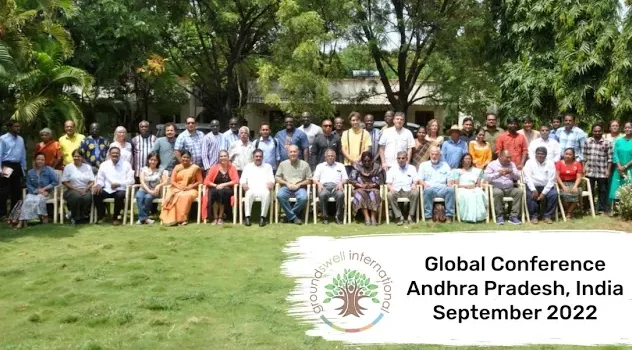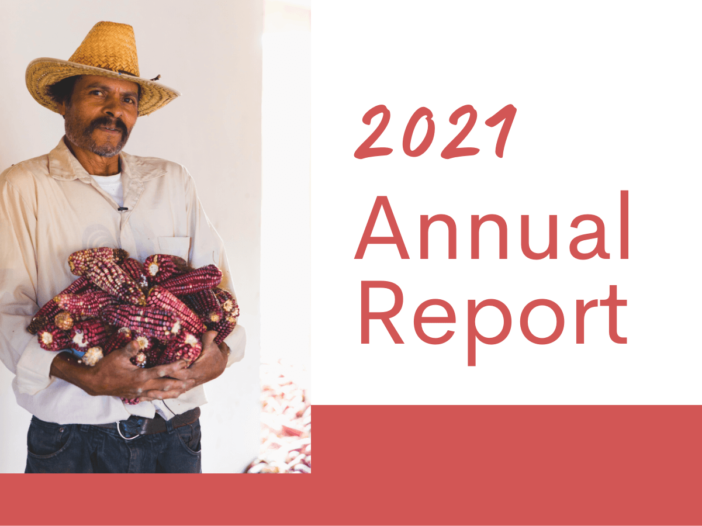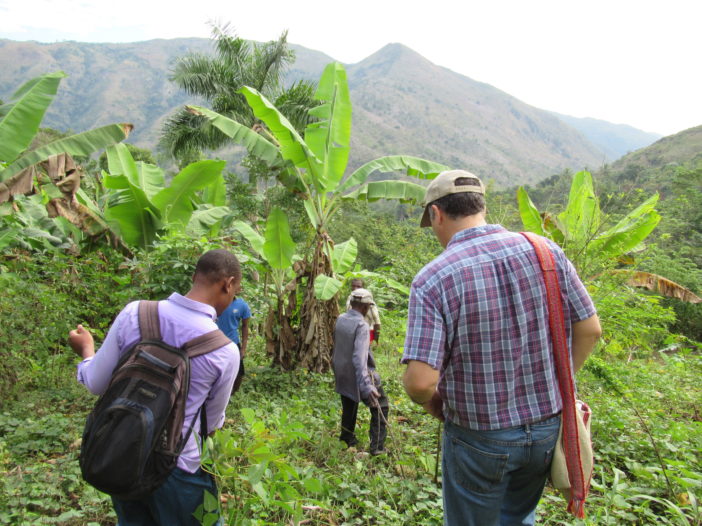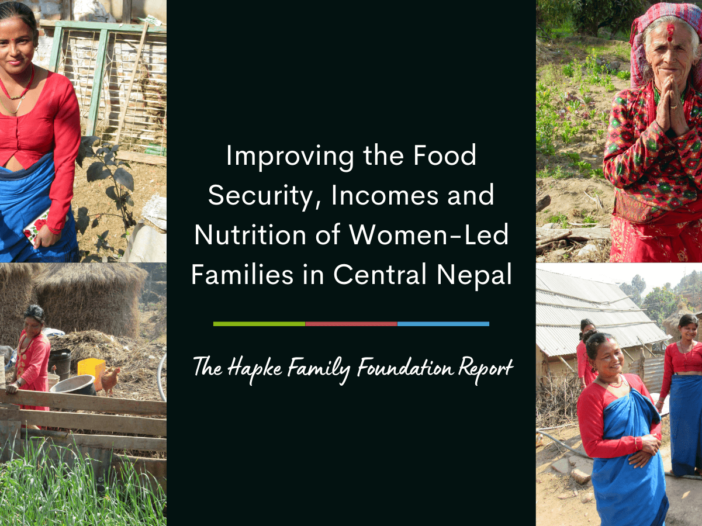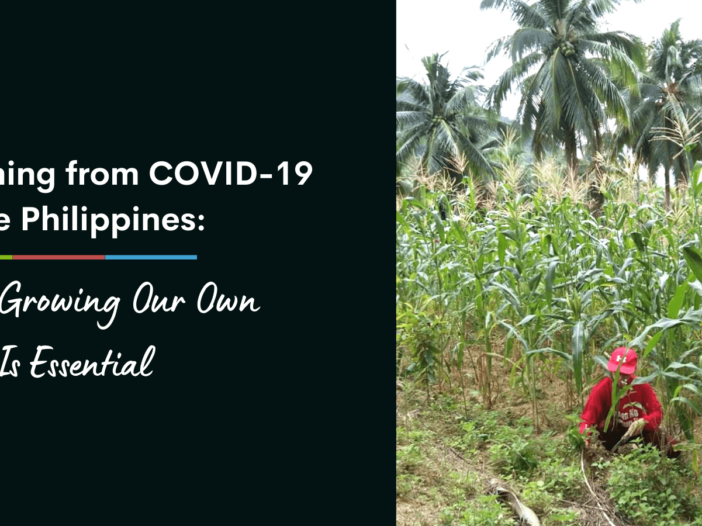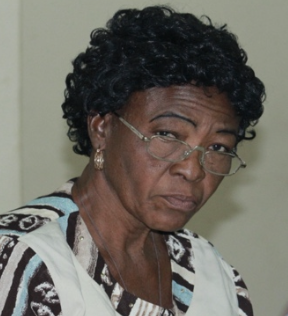In September of 2022, we held our annual global conference in India, generously hosted by the Andhra Pradesh Community Managed Natural Farming Program (APCNF). While there, we were able to learn from one of the largest agroecology programs in the world, as well as from women’s groups, farmers, and rural communities. Together with our staff, board of directors, allies, and partners, we spent the week shaping our Strategic Framework for the next five years. Gathering Voices from the … [Read more...] about Gathering Voices from the Field: 2022 Global Conference
Groundswell’s 2021 Annual Report: Highlights
Each year, we release our annual report to illustrate the impact our organization and our partner organizations have had on sparking change in rural communities around the world. In 2021, the world continued to be plagued by crises, but we witnessed and were inspired by the resiliency of people who have committed to improving the lives of their neighbors and communities. A few highlights from the 2021 Annual Report In Honduras, Groundswell is collaborating with Vecinos Honduras to promote … [Read more...] about Groundswell’s 2021 Annual Report: Highlights
Listening to Local Voices : Storytellers Around the Globe
In the US, there is a heightened sense that the rules of our political and economic system seembroken, and that our legacies of racism and colonialism are connected to that. But what dothese issues look like from the perspective of storytellers around the globe, namely Groundswell International’s partner organizations in Africa, the Americas and South Asia? Groundswell works to address big-picture challenges by starting locally. To do so, we try to staygrounded in the insights, wisdom and … [Read more...] about Listening to Local Voices : Storytellers Around the Globe
Improving the Food Security, Incomes and Nutrition of Women-Led Families in Central Nepal
Groundswell International and our partner on the ground in Nepal, the Baudh Bahunipati Project Pariwar (BBP-Pariwar), have been able to work with women from the Dalit caste living in the remote areas of the Kavre, Ramechhap, and Sindhupalchowk districts of Central Nepal thanks to a grant provided by the Hapke Family Foundation and other support. Our Work in Nepal Our work supports some of the most marginalized women in Nepal. The situation in rural Nepal is especially difficult for … [Read more...] about Improving the Food Security, Incomes and Nutrition of Women-Led Families in Central Nepal
Learning from COVID-19 in the Philippines: Why Growing Our Own Food Is Essential
By: Rene Lucero, Guest Writer Cebu is an island province in the central part of the Philippines that hosts the country’s second-biggest city, Cebu City. Agriculture is one of the main economic activities on the island, along with fisheries, industry, and tourism. Being a major tourist destination, Cebu suffered so much from the COVID-19 pandemic. The first COVID-19 case in the country was an international traveler who entered Cebu. The first lockdown that was enforced in March 2020 … [Read more...] about Learning from COVID-19 in the Philippines: Why Growing Our Own Food Is Essential
In Loving Memory of Rebecca Akua Sabri
Rural Women Farmers Association of Ghana This tribute piece is a guest post from her sons, Denis Banuoku and Daniel Banuoku. We at Groundswell are grateful for Rebecca's work over her lifetime and her family's continued commitment to honor her legacy. Mrs. Rebecca Sabri was a gentle and warm soul. And that warmth radiated and touched many who had the opportunity to interact with her. Perpetually a mother to all, her arms and home were open to receive so many people in her … [Read more...] about In Loving Memory of Rebecca Akua Sabri

